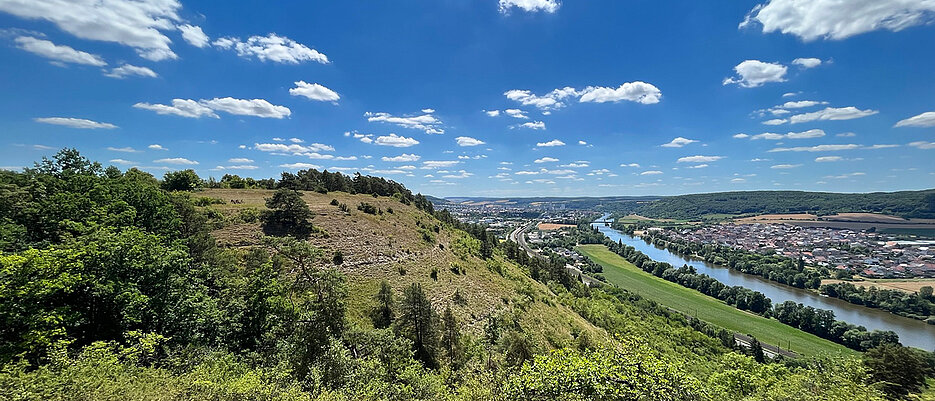
Three University of Tasmania researchers have been awarded prestigious that will allow them to further their research through academic and cultural exchange in the United States.
Professor of Plant Biology Tim Brodribb leads a lab group that focuses on the vulnerabilities of plants during drought. His Fulbright will allow him to travel to northern California to use world-first technology developed by his group to monitor the impact of climate on plant stress levels.
“It is clear that the sustainable health and prosperity of both Australia and the US is fundamentally linked to the health of the agricultural and natural plant systems that sustain us,” Professor Brodribb said.
“We need to understand when plants are becoming stressed so we can intervene and manage them in a way that achieves both prosperity and sustainability. For my Fulbright, I will be using new sensors that we’ve designed and built in Tasmania to monitor how sensitive ferns and Redwoods in Northern California are to warming climate.”
Professor Brodribb said the potential applications for these sensors were diverse and could provide farmers, land managers and government with the ability to monitor and maintain plants in a healthy state of hydration.
“Our research to date has brought us to a point where our sensors are being used successfully in laboratory situations, but this is the first time they will be deployed into rainforest and on large trees to monitor dynamic water stress over days and weeks.
“Successful installation, operation and publication of the results will herald the way for ‘optical dendrometer’ sensors to be introduced as the first reliable method for observing plant water stress in trees.”
Travis Britton is a PhD student and plant scientist researching how ecological interactions influence tree growth and survival. His Fulbright will see him work on a long-term forest monitoring project in the Sierra Nevada mountains, partnering with researchers from the University of California Santa Barbara and the US Geological Survey.
“Increasing drought frequency and severity has highlighted the urgent need to understand what causes tree death during drought conditions,” Mr Britton said.
“My work will focus on improving our understanding of how ecological processes, such as plant competition and attack from pests and pathogens, interact with how trees physically function to determine drought susceptibility.
“I will look at whether combining these two data sets increases our ability to explain, and predict, drought-induced mortality to help in the conservation of forest ecosystems. The outcomes of this project will expand our understanding of how trees die during drought and help warn of imminent tree mortality.”
Mr Britton said being named a Fulbright Scholar marked the realisation of a long-term goal, and he was looking forward to expanding his professional network and working with a team of highly-regarded international researchers.
“Protecting forests is a global necessity and I believe that sharing knowledge and developing connections with researchers across the globe is critical to the success of this effort,” he said.
Ariane Moore is a PhD candidate in philosophy. Her thesis aims to provide an account of how the natural environment is not only a unique source of wonder and awe, but also holds immense value as the potential source of legitimate secular mystical experiences.
With her research interests falling firmly in the philosophy of religion and atheism studies, Ari is exploring the intersection between belief and non-belief, challenging the traditional assumptions that the two are exclusive spaces.
With the support of the Fulbright Tasmania Scholarship, she will study at the University of Texas in Austin in late 2022, drawing on the expertise of the Philosophy department in Kant, aesthetics and phenomenology.
“To me, this means being granted access to huge opportunities, both here and in the US, and to scholars that are world-renowned experts in the very specific topic I’m researching. It also means having the responsibility to do my best and bring that research home. I’m determined to make the most of the experience.”
Pictured: Professor Tim Brodribb with the ‘optical dendrometer’ sensor that he will be using on Californian Redwoods during his time at the University of Santa Cruz.



/ted-chaiban-visit-to-dr-congo---goma---drc.tmb-768v.jpg?sfvrsn=51e679ec_2)




